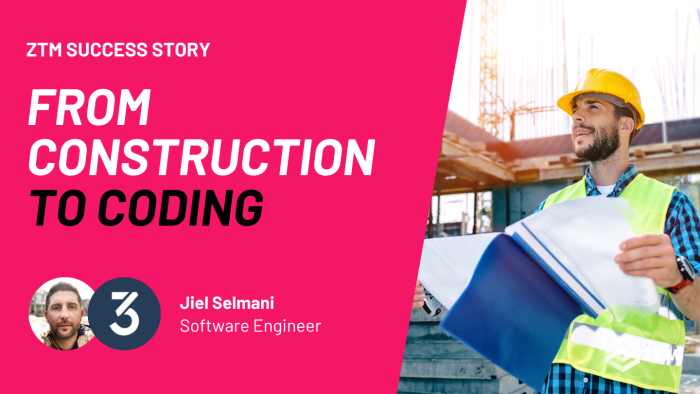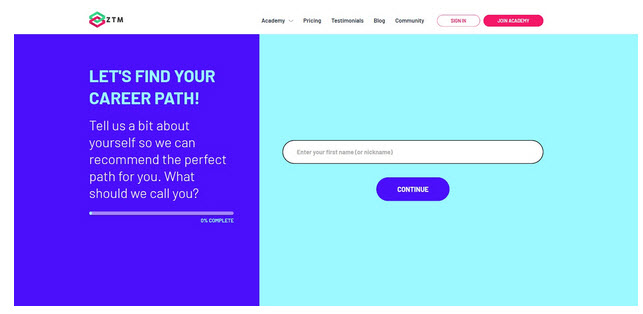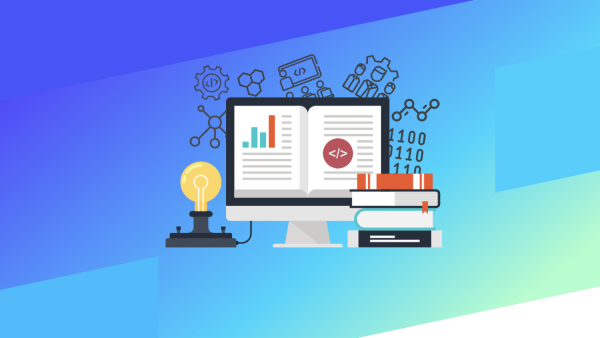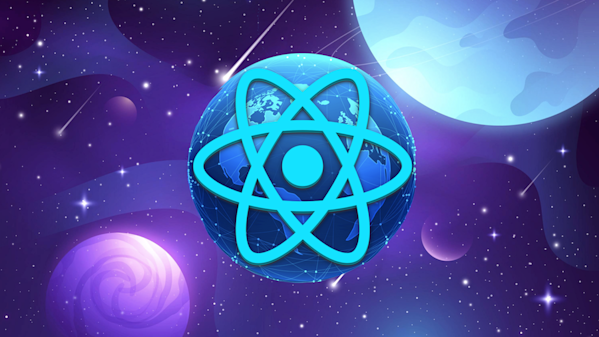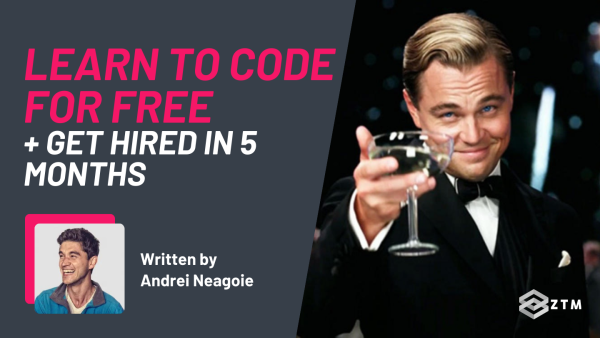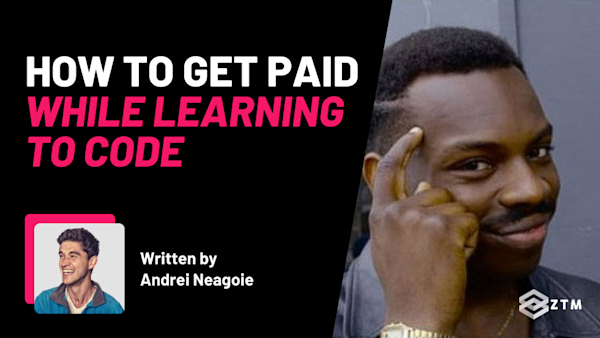Meet Jiel
Hi, my name is Jiel (like Kyle but with a J) and I’m a Software Engineer for a company in Toronto.

Jiel posted about his new role over in the ZTM Discord, and after reading what he shared, we just knew we had to chat with him.

What did you do before you became a Software Engineer?
I originally went to school to study law. I’m the oldest child and a first-generation Canadian, so there was a bit of family pressure to get a degree.
I wanted to set a good impression with my siblings and so I went but unfortunately, I only lasted for 2 years. I just didn’t enjoy the experience and so I left and started working in construction because it paid well and I knew people who did it already.

I was young when I started out but I knew I didn’t want to work in the physical labor side of construction for my whole life, so after a few years, I leveraged what I learned and set up my own company, selling materials instead.

How did you start to learn to code?
I went back to school and studied for a 4-year Computer Science degree which was great. We covered a lot of theory but also application. Unfortunately, I graduated exactly at the same time as COVID started, which as you can imagine, made finding jobs quite difficult.
Then, I was scrolling through LinkedIn one day and I saw Andrei’s post about the Node.js course with Adam Odziemkowski.

It was such a coincidence because both Andrei and Adam (the course creators) used to work with a mentor of mine at the same company!
Editor's note: Because of this focus on getting you hired asap, we’ve had students get hired by FAANG and other companies in less than 6 months of learning to code from scratch!

(You can check out other success stories here. Anyways, back to Jiel’s story.)
How did you get your new job as a Software Engineer?
Once I finished the React course and projects, I had a pretty good portfolio and started working at a consultancy helping with broad development projects.
Do YOU want to start learning to code?
If you’re like Jiel and are looking to fill any knowledge gaps to skill up in your current role, transition to a new career, or even just get started learning to code, then you can check out the multiple courses we have here at ZTM.
Or if you’re not sure where to start, check out our custom career path quiz for some advice on where to start.
